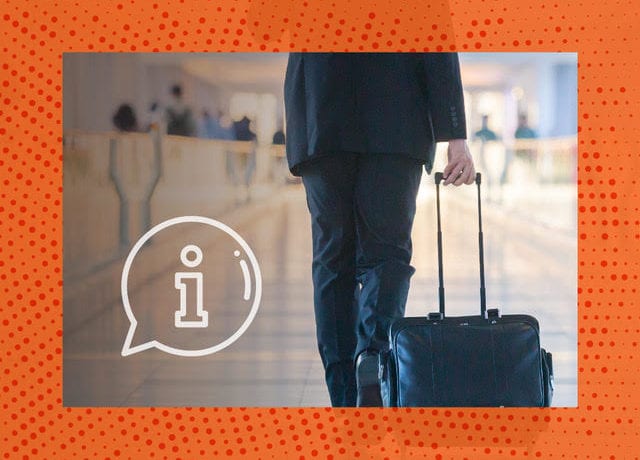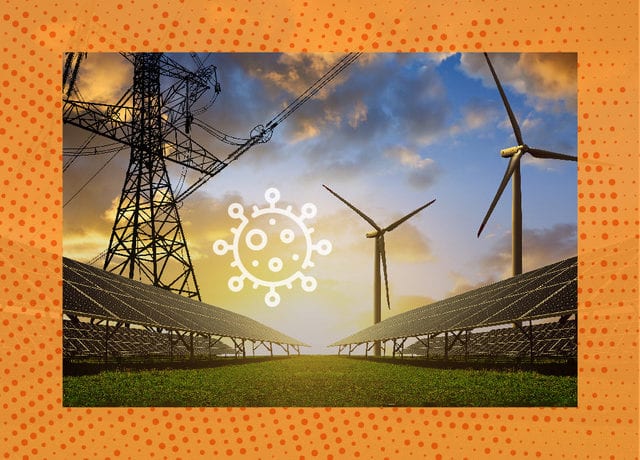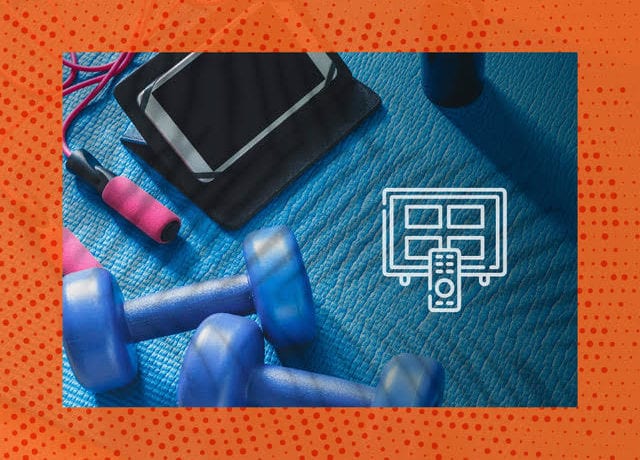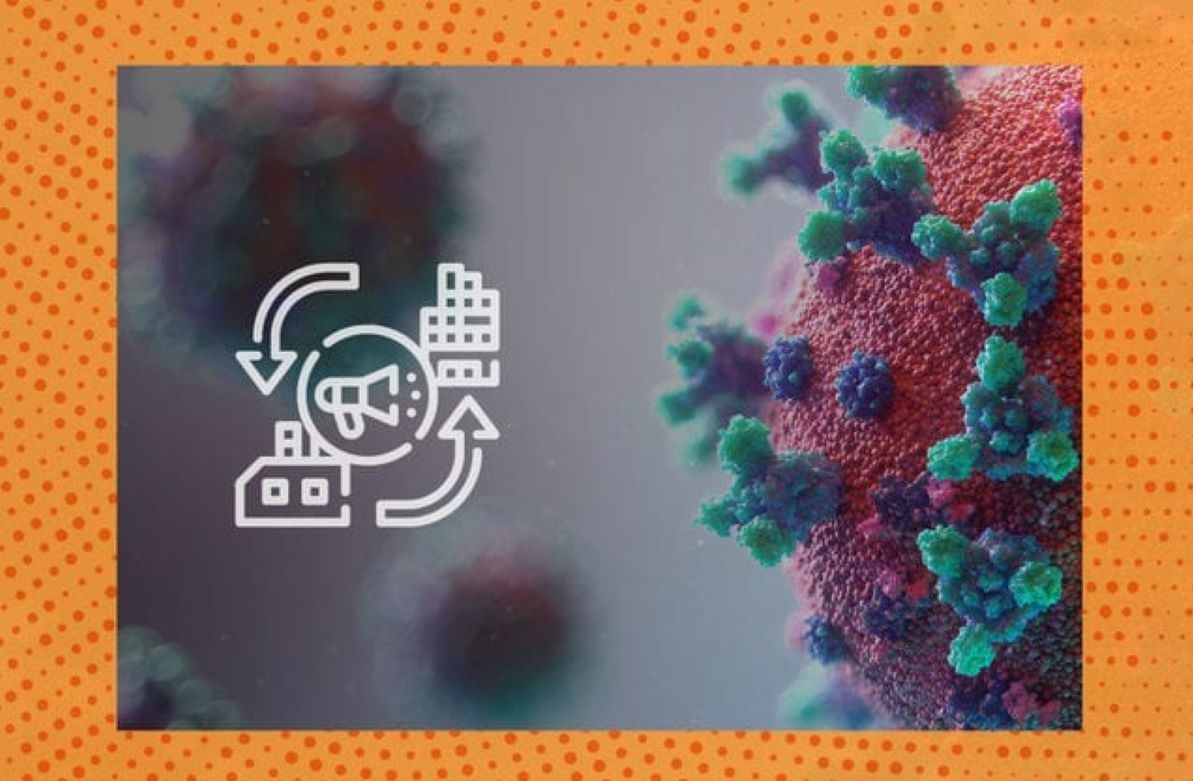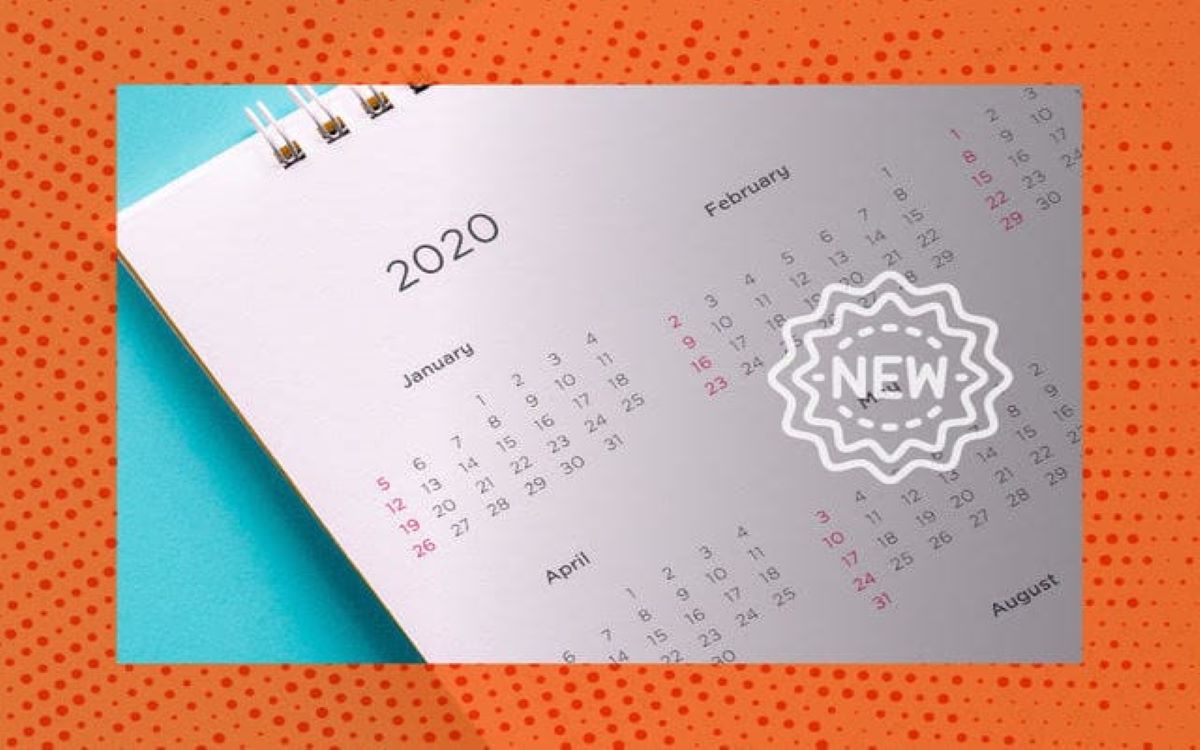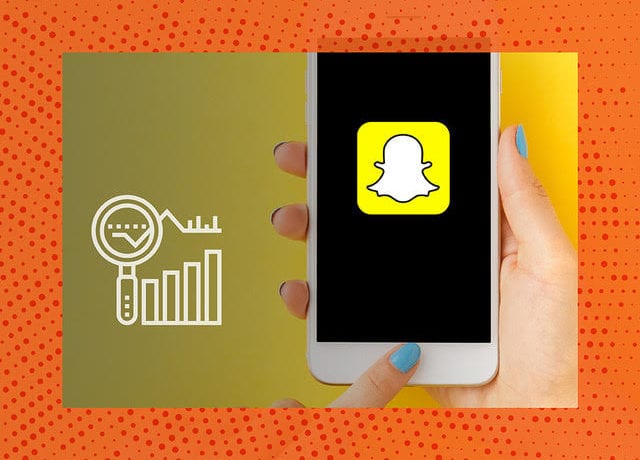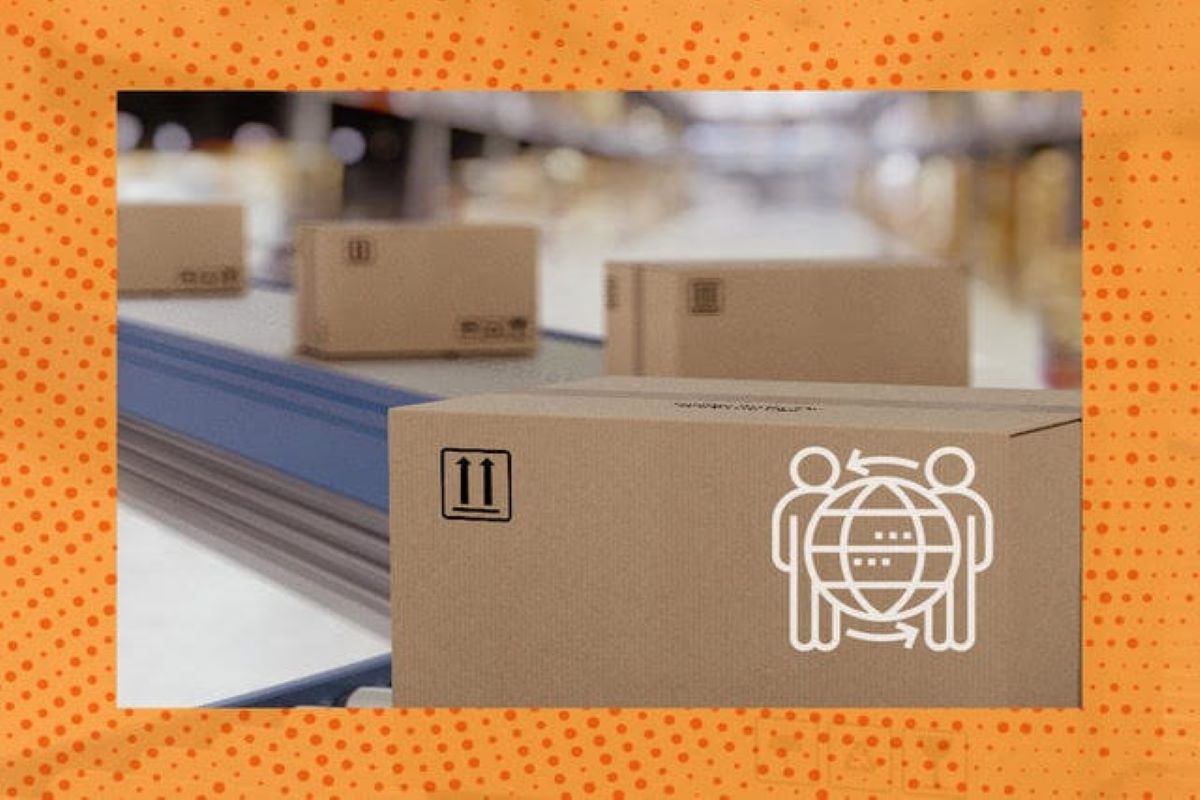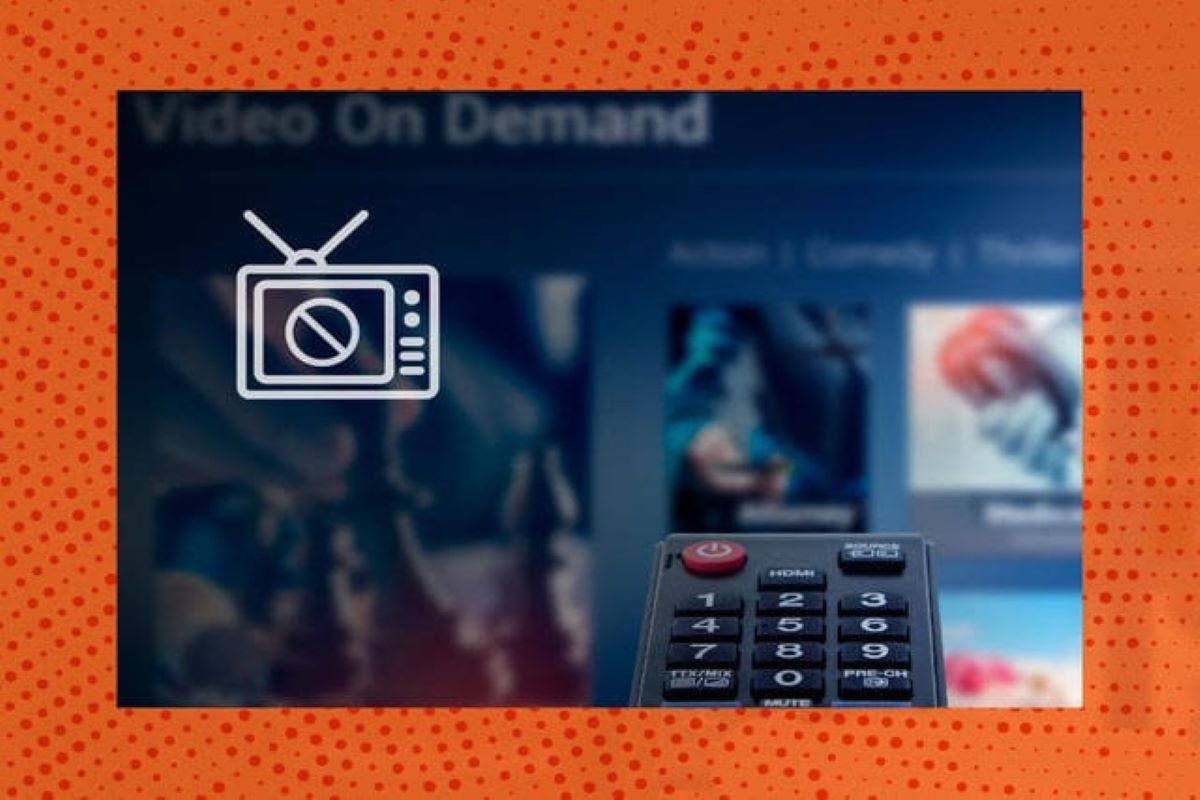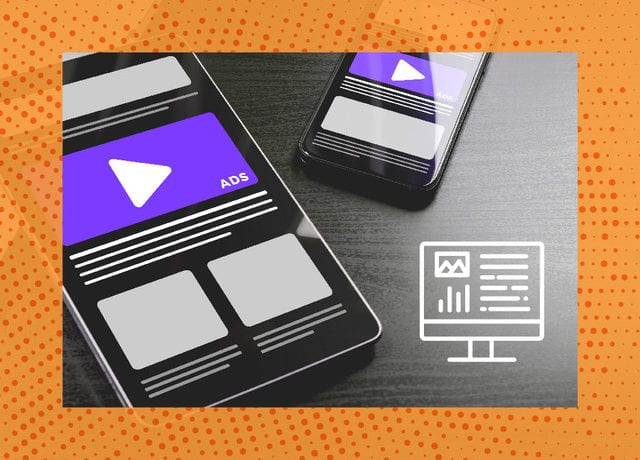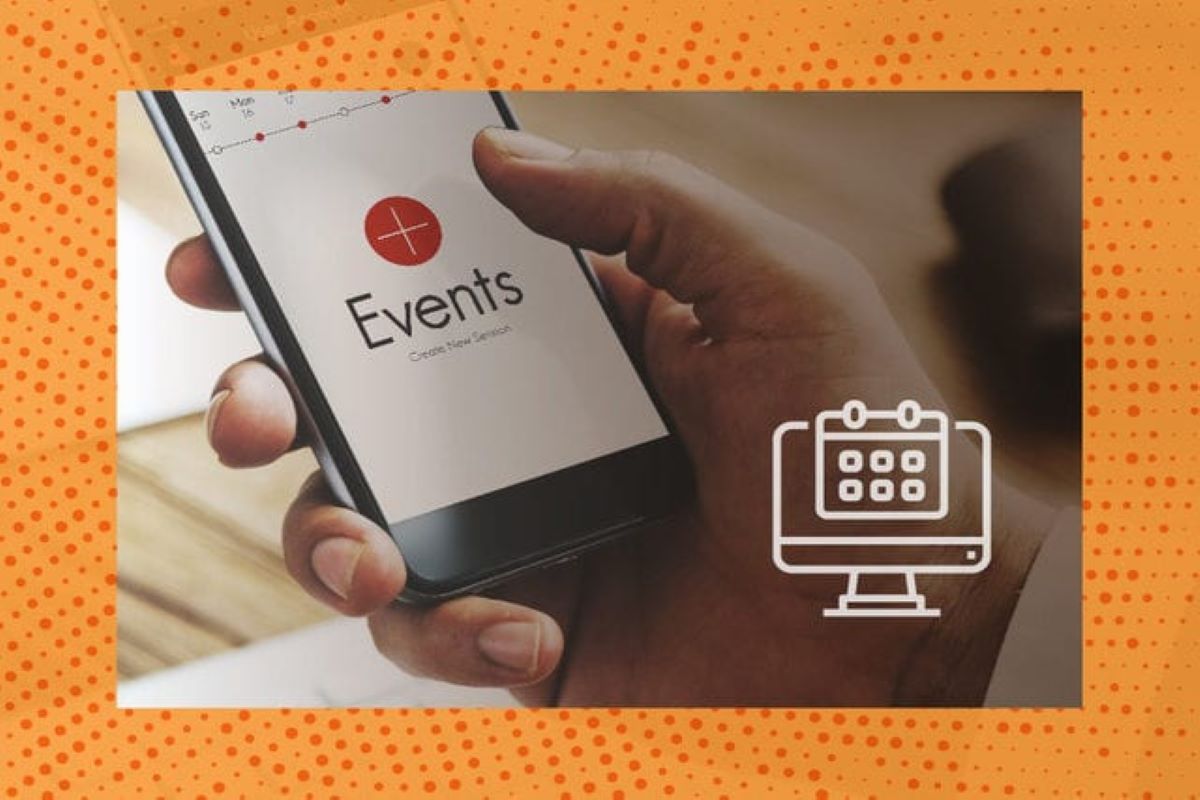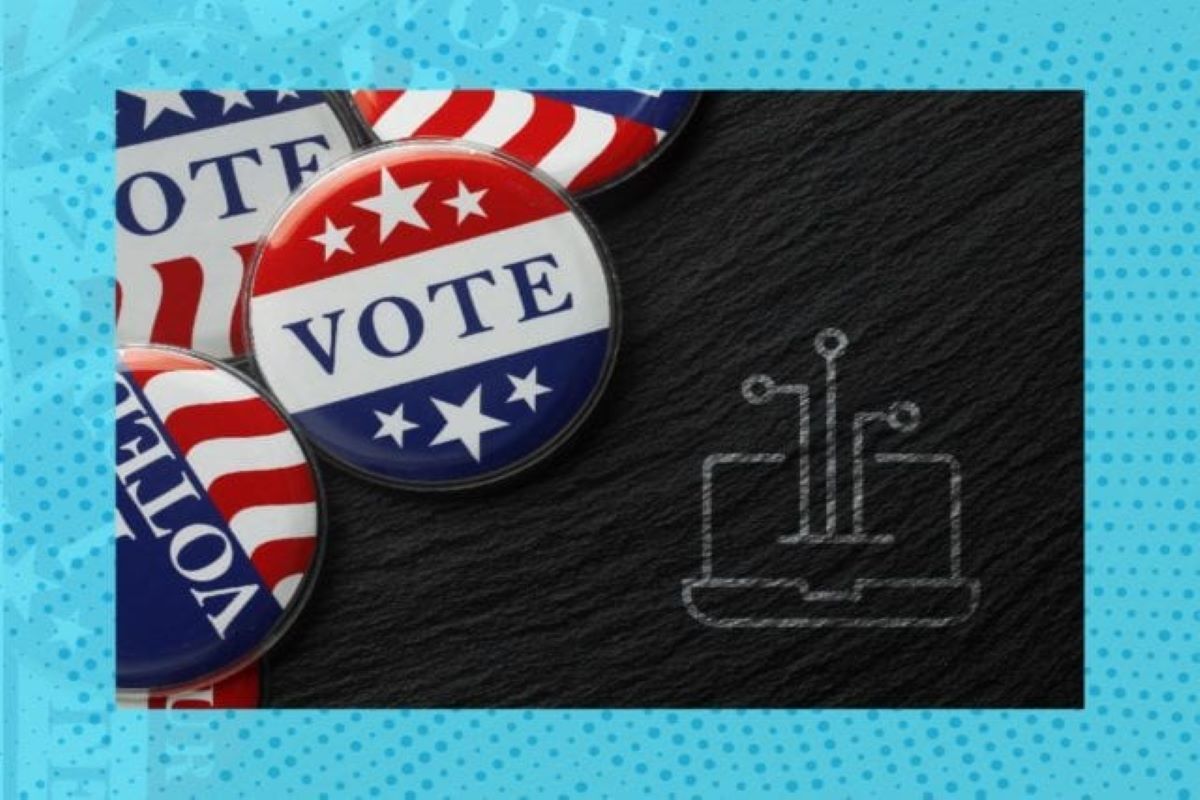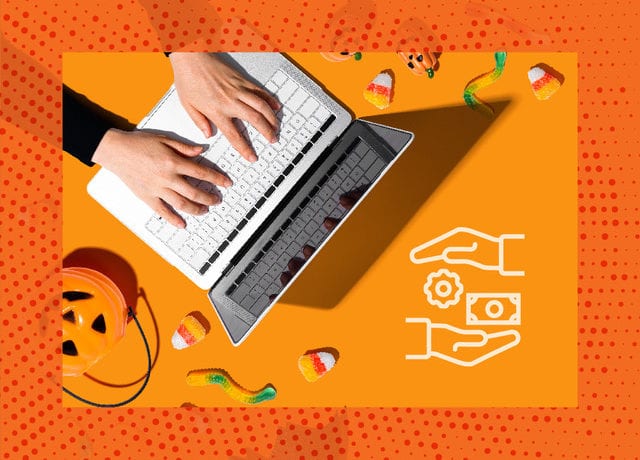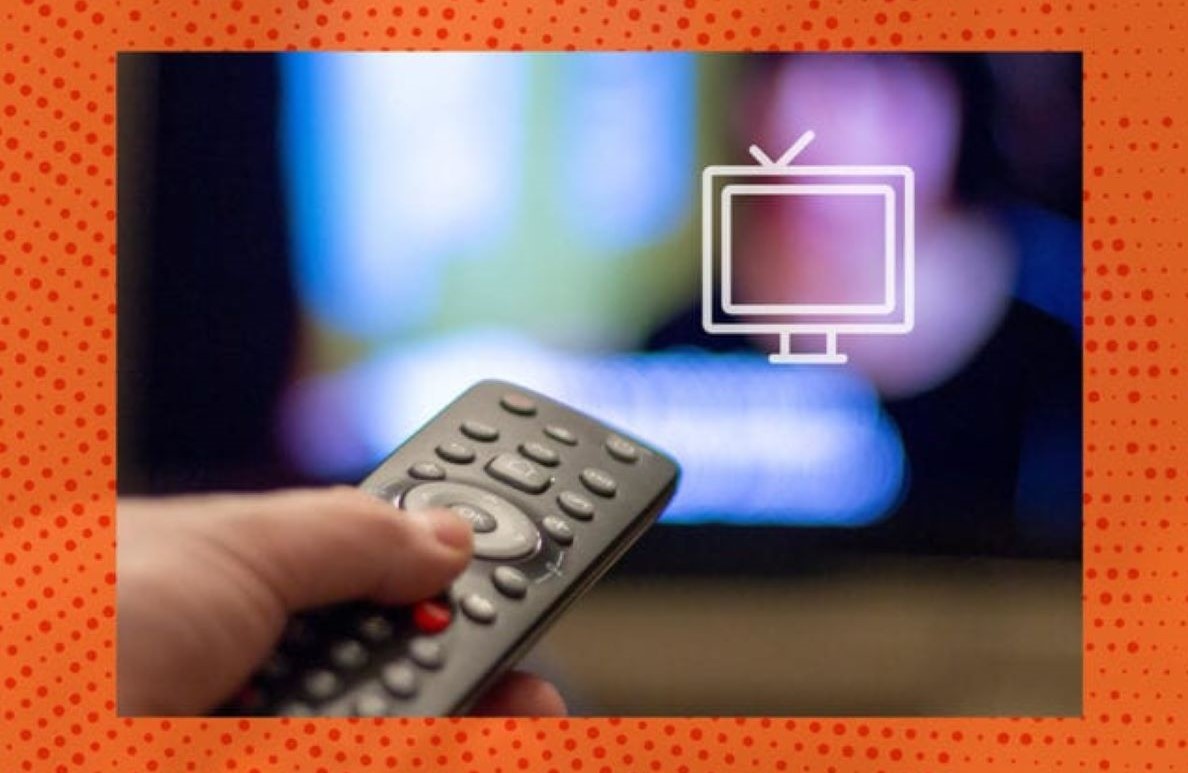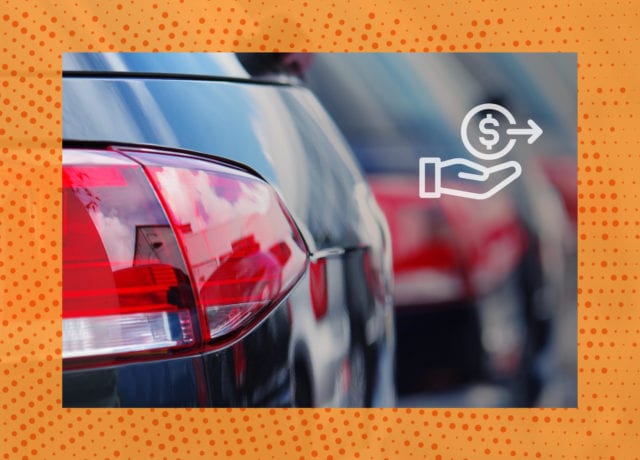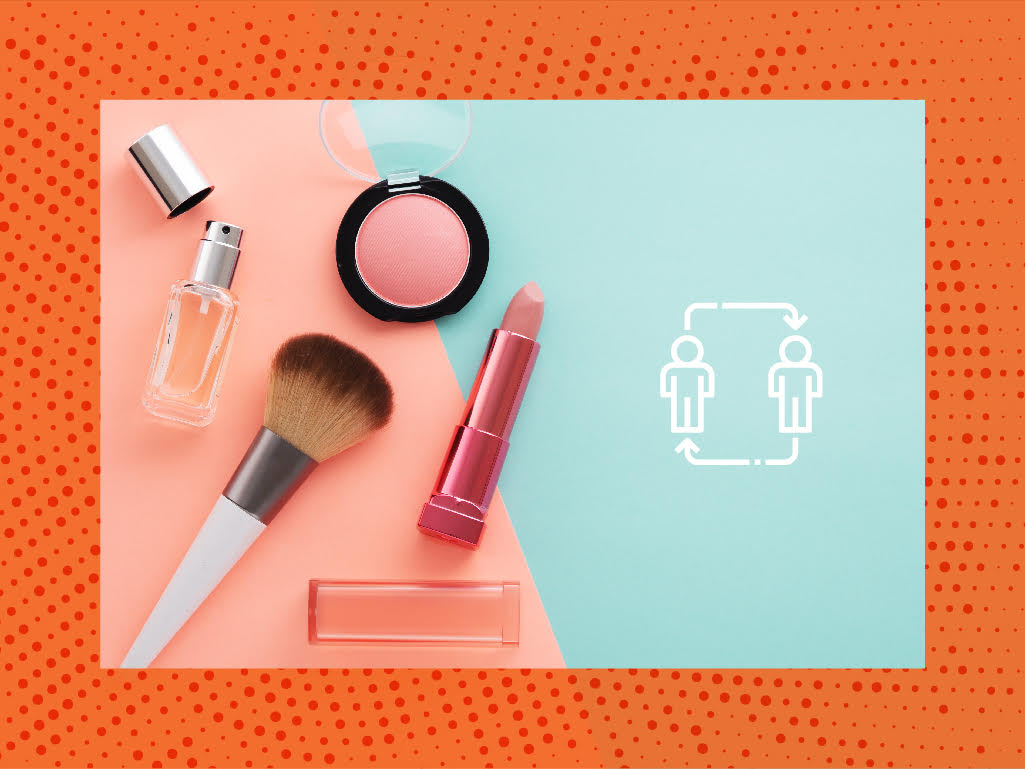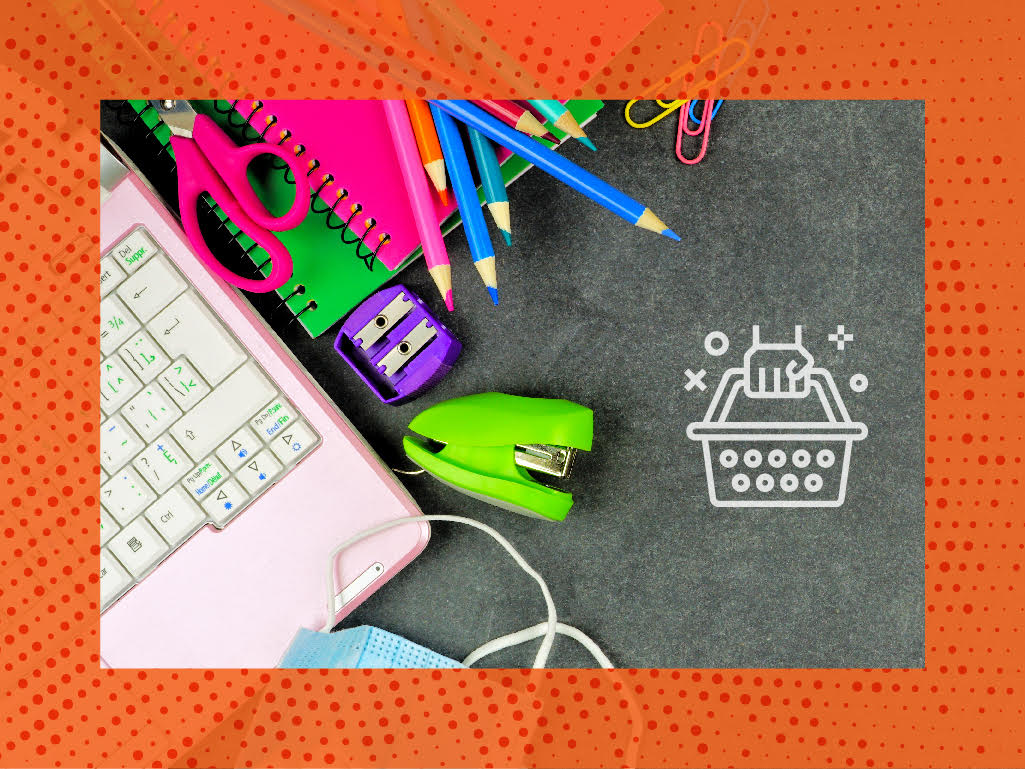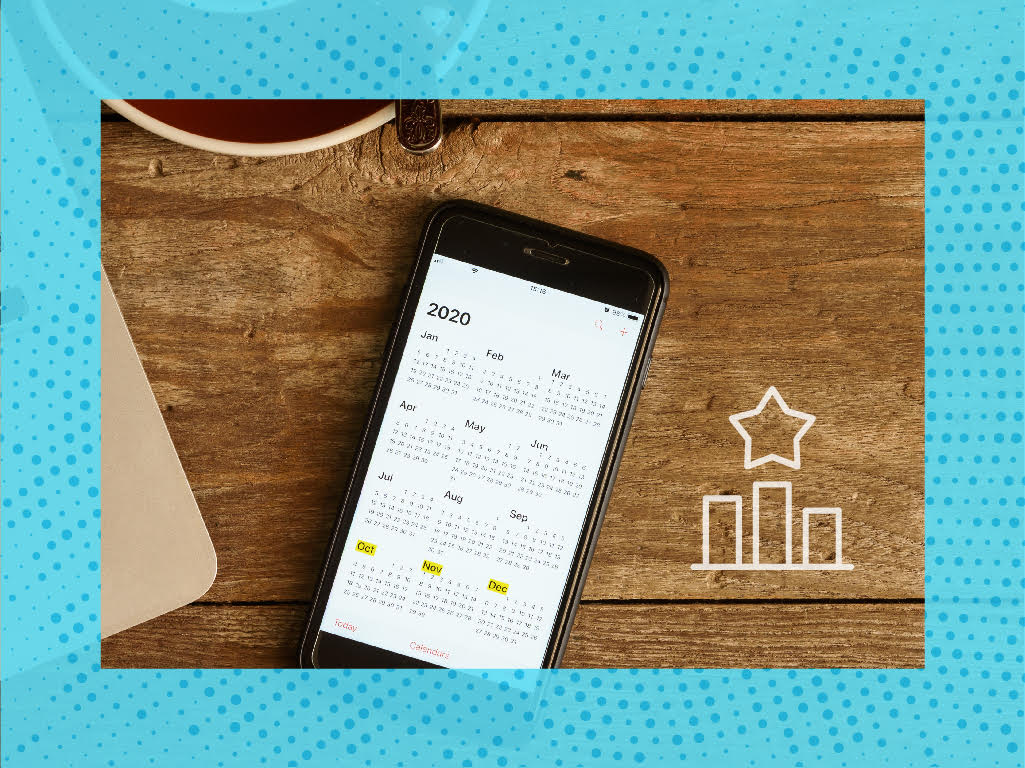Many things changed in the manufacturing industry due to the pandemic: a push for new digital investments, new visions for how factories and back-offices could work, and perhaps more importantly, a realization of how important and vulnerable supply chains are in crises. “We are going to survive this pandemic. Manufacturing is going to come out of it stronger,” said Adam Aguzzi, vice president of manufacturing at consulting company Ceridian.
Last year was a dismal year for travel. But as vaccines and other safety measures roll out, change is already happening. Whether it’s cycling trips to tour sites important to the Civil Rights movement or an overdue visit to see grandparents, travel will be a meaningful part of 2021. As the industry recovers, advertisers can provide answers to the question at the top of many consumers’ minds: where to next?
Energy use, especially in how it relates to climate change and global reform, is a big issue. But after a year of big issues—it’s easy to overlook changes in the energy sector in favor of those that seem more urgent. However, many of these issues are closely related. Pandemics share many of the same root issues as climate change. Plus, COVID-19 impacted climate change in complicated ways.
As we swing full-force into 2021, many people are making resolutions for the new year. Among the most popular? Getting fit. Fitness advertising traditionally spikes in January. And in the COVID era, fitness apps and websites become particularly important as users plan to get fit at home without breaking the bank.
This year, we’re bringing in the end of the year with a series: 12 Days ‘til New Years. We’ll continue our tradition of highlighting the most notable brands and spending across ad tech platforms, consumer media, and B2B industries.
This year, we’re bringing in the end of the year with a series: 12 Days ‘til New Years. We’ll continue our tradition of highlighting the most notable brands and spending across ad tech platforms, consumer media, and B2B industries. With winter holidays on the horizon, there’s one event that everyone’s looking forward to: New Years Day and the end of 2020.
More than half of U.S. advertising is expected to be spent on digital advertising this year—with the strongest growth in social media, video, eCommerce and search. Snapchat is one of the social media platforms seeing this growth in action. It’s been a while since we checked in with Snap. How did it perform during Q3 and have there been any significant changes among its advertisers due to the pandemic?
Many B2B industries floundered in the wake of the COVID‐19 pandemic, while others adapted to serve new purposes. The shipping and logistics industry is a prime example of an industry that changed drastically to stay afloat—and some believe those changes are here to stay.
COVID-19 forced people around the world to pack up offices, schools, and stores this year, sending people to stay home. At home, people were glued to their digital devices for work, studies, and entertainment. This led to a rise in content streaming—on over-the-top (OTT) platforms and websites.
Without the presence of events, many B2B companies are experimenting with new ways of advertising this year One medium that has attracted B2B brands is native advertising. Native ads have the look and feel of the media format in which they appear, but are actually paid ads.
It’s no secret that B2B marketing was hard hit by the COVID-19 pandemic. Business that relies on in-person connection simply couldn’t remain unaffected by social distancing regulations. But while industries looked different this year, they certainly didn’t stop moving.
If you live in the United States and spend any time in front of a screen during election season, you’ve seen them: political ads. Ads sponsored by PACs and the political candidates themselves are a dime a dozen—but only to viewers. The ads themselves represent billions of dollars of ad spend thrown into digital, print, and tv ads supporting specific parties and candidates.
As the holidays approach, consumers and brands alike are filled with uncertainty. What does a Halloween celebration look like in a world of masks and social distancing? With the holiday just a week away, we take a look at how consumers are approaching Halloween and how ad spend has changed this year.
A Fall NBA, empty talk show audiences, and quarantined reality TV stars are a far cry from the normal fall television lineup. Thanks to the pandemic, however, that’s exactly what audiences are seeing. As TV content changed this year, so too did advertising. Though spending has increased since the height of the pandemic, it’s not quite back to normal.
Colleges and universities across the country struggled to respond to the COVID‐19 pandemic. But even as schools scrambled to keep existing students, faculty members, and community members safe, applications for graduate programs came pouring in. How did advertisers initially respond and has spending returned to normal?
In the face of COVID‐19, the commercial automotive market experienced a nosedive. However, the push for new energy-efficient vehicles provides optimism for market recovery. This pivot comes at a time when few people are leaving their homes and many are relying on businesses to bring the outside world to them in the form of packages and food deliveries, making reliable fleet vehicles even more important.
Without a federal mandate, states and local governments placed their own rules on which types of construction were considered essential. Some states, like Vermont, decided that the only construction allowed during shelter-in-place was “construction necessary to support the COVID-19 response and maintain critical infrastructure.” However, in most states, nearly all construction was deemed essential.
The makeup industry is typically resilient during recessions—however, COVID-19 is forcing this vertical to shift in new directions. With social distancing, working from home (WFH) and mask requirements, people are prioritizing different cosmetics than they would’ve in past recessions. Direct-to-consumer (DTC) brands are doing particularly well, as online shopping for makeup is becoming more common.
Starting in March, schools started sending students home—and many aren’t going back this fall. This is creating a strange back-to-school season, putting stress on retailers. How have the changes impacted retailer advertising?
Fourth quarter is quickly approaching—meaning holiday advertising is gearing up. But this year’s final advertising push will be far from normal. We’re already seeing the release of the first ads fusing Christmas and the ongoing pandemic. Frito Lays leaned into pandemic-driven cultural changes with its Christmas spoof celebrating NFL kickoff.








